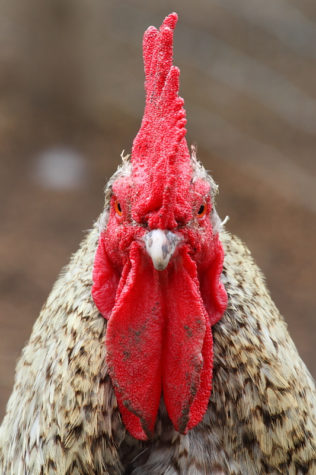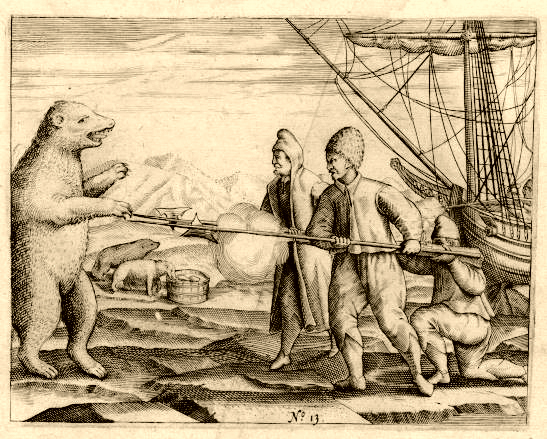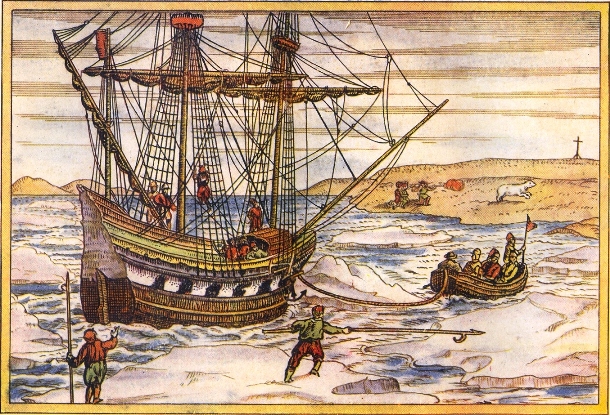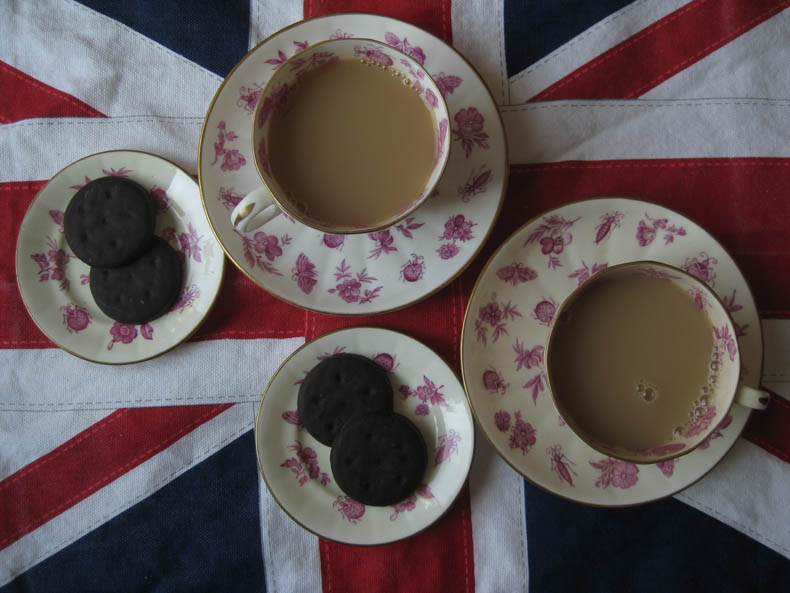 One of my favorite things about my usual writing beat (living things) is that we humans never stop learning new things about animals. We’re even still discovering species that are new to science. (Check out the glorious ruby sea dragon, previously known only from beach corpses, and Hoolock tianxing, a gibbon just determined to be its own species that, sadly, comes into its own already labeled endangered.)
One of my favorite things about my usual writing beat (living things) is that we humans never stop learning new things about animals. We’re even still discovering species that are new to science. (Check out the glorious ruby sea dragon, previously known only from beach corpses, and Hoolock tianxing, a gibbon just determined to be its own species that, sadly, comes into its own already labeled endangered.)
While “new” is good, I get most jazzed over discoveries about species we already know, or think we know. A few recent bits in the news: Dogs really do get the meaning of words, not just of the tone of voice that accompanies them (which is also cool). Macaques understand the limits of their own memory. Bats’ endless cave chatter is complex and full of bickering.
And sometimes the findings flip long-held assumptions on their heads. Continue reading






 This week, vacations from the ordinary from LWON writers.
This week, vacations from the ordinary from LWON writers.